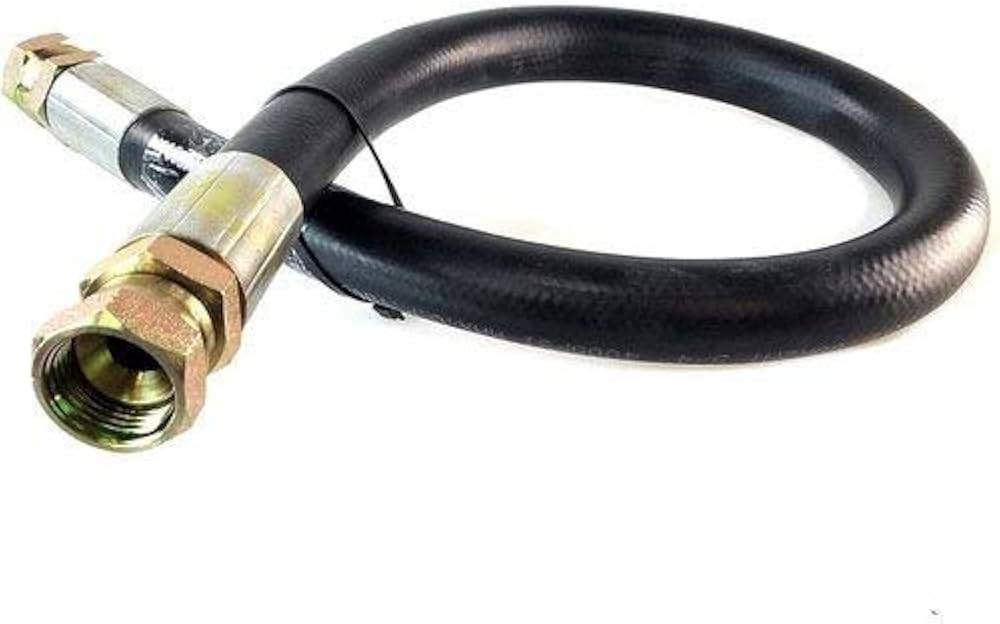When it comes to investing in the stock market, there is something to be said about being a good investor that involves understanding what the company does. It’s important to know the business model as well as who is in charge and what decisions they are making. Their decision-making within the company plays a huge role in the long-term performance of the company, as well as the performance of your investment return.
What are the executives doing?
Executives do numerous things that may be either insider or publicly available information. Maybe an executive is getting ready to sell his shares or maybe the board members are in agreement of issuing more shares. Reed Hastings net worth for example at Netflix has shown evidence that he owns a lot of shares and that he may be feeling that he may want to dump some of it at some point.
Good to know the background of executives
It is good to know the background about the publicly available financials of an individual high up in the company to anticipate what they might do with shares they own. Maybe the CEO is implementing a new business decision that you may favor more or be against which can impact how much and if you want to invest in the company. Also, if there is a change in management, you may want to know this as well as you may strongly favor the current leader, or become gravely concerned with the new leader.
Do your research
Research on company executives is important because share prices tend to have a lot of volatility in the market. While there are a lot of external forces that can move prices such as day traders and various analysts making projections, company behavior especially with insider traders can actually move prices more than traders. Part of this is the huge amount of shares that are owned by people on the inside, but more so they can start a chain reaction to other investors whether it’s buying or selling.
Watch the price of the stock
As a shareholder, it’s important to always be on top of the price of a stock and if it is in a vulnerable position for you to sell before the insiders sell or vice versa. The advice for the long-term investor is that as long as you believe in the company and believe the long-term returns are intact, that you don’t necessarily have to overreact to insider trading. If you own a lot of shares, you could always trim back when you feel a stock is overvalued and always come back to it after it retreats, especially if it’s by insider behavior.
If nothing else, even if company executives are not necessarily buying or selling insider shares, it is always critical that you monitor their behavior as a steward of the business model.
How does the company do business?
It is important that when you invest in a company that you’ve done your research by understanding how a company does business, monitor its financial statements, and ensure on a frequent basis that the thesis you’ve held on a company is still intact to make you still want to be invested.
Therefore when a company executive announces something that alters the thesis or financial statements, doesn’t support the future direction and anticipated returns, you need to be prepared to make a decision, whether it’s buying more shares, sell shares, or continue to hold.
If you don’t necessarily have time or access to information in a company you are invested in, be sure to rely heavily on news articles or other analysts that cover the stock. These entities may have more insider access than you and can provide information that you may not have or may not have time to review.
What do the analysts say?
Analysts will frequently update information, assess if a stock has gotten too heated and executives are getting ready to cash in, or if there’s something on their mind that makes a stock a buy, sell, or hold. Either way, you can always keep tabs on your investments while moving on with your life. Being a diligent investor, you don’t always have to react to insider behavior and can continue being invested in a company as long as you have all the necessary information in front of you.
###











